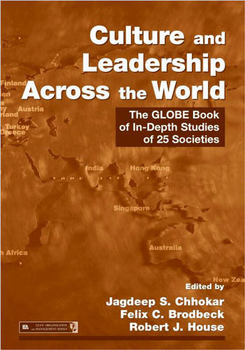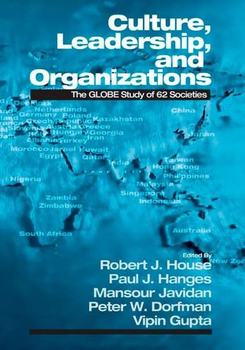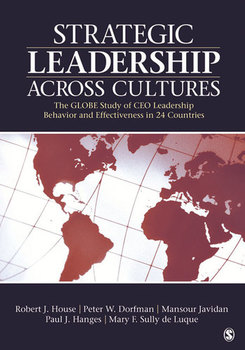Germanic Europe
Austria, Germany, Netherlands, Switzerland
The GLOBE Germanic Europe cluster is comprised of Germany (former East and former West), Austria, The Netherlands, and Switzerland. The societal culture practices for this cluster are noteworthy for especially high scores compared to other clusters on Performance Orientation, Assertiveness, Future Orientation, and Uncertainty Avoidance. Power Distance (i.e. the degree to which the community accepts and endorses authority, power differentials, status privileges, and social inequality) is relatively high, but does not particularly stand out among the other clusters. Gender Egalitarianism is also relatively low indicating male dominance and gender inequality. In contrast, this cluster has relatively low scores on Humane Orientation and both In-Group and Institutional forms of Collectivism. Overall, this profile indicates countries in this cluster reward performance and value competitiveness. High Assertiveness indicates more assertive and perhaps confrontational relationships with others and the high Future Orientation indicates planning and investing for the future. The very high scores on Uncertainty Avoidance indicate that this society strongly endorses rules and procedures to reduce the uncertainty of future events. The low scores on the cultural dimension of In-Group Collectivism and Institutional Collectivism suggest limited cohesiveness within organizations and families and limited collective distribution of resources. Low scores on Humane Orientation indicate a limited caring, altruism, and kindness to others.
Conversely, the societal cultural values (what people in the society believe should be) of the cluster are often significantly different than the cultural practices. Specifically, the countries in the cluster desire to be much more Performance Oriented, Humane, and Gender Egalitarian. For the latter dimension of Gender Egalitarianism, they tie for the highest value score indicating a strong desire to be more gender equal. They also desire much less Power Distance, Assertiveness, and Uncertainty Avoidance achieving the lowest scores among the clusters.
Concerning leadership profile scores, the Germanic Europe cluster is characterized by high ranking for Charismatic, Participative, and Team-Oriented leaders. This indicates that these countries highly respect and value leaders who are visionary, inspirational, value the opinion of the others, have integrity, and build teams using appropriate administrative and interpersonal skills. In fact, this cluster has the highest ranking for Participative Leadership among the clusters. This cluster is also among the highest scoring clusters for the Autonomous Leadership dimension indicating that independent thought and action is valued. It is among the lowest scoring for Self-Protective Leadership of all clusters indicating a rejection of leaders who are self-centered, status conscious, and behave in ways that promote their self-interests above team interests. Overall, people in the Germanic cluster would seek out charismatic leaders who believe in participative leadership but also support independent thinking. They would hesitate to engage in self-protective behavior such as being self-centered and particularly being conscious of status.
Culture Visualization
Leadership Visualization
GLOBE Books
The GLOBE books represent results from a twenty-year research program investigating the influence of culture on societal and organizational effectiveness. Our latest book showcases our examination of strategic leadership effectiveness for top-level management based on data from more than 1,000 CEOs and over 6,000 top-level managers in 24 countries.
View



